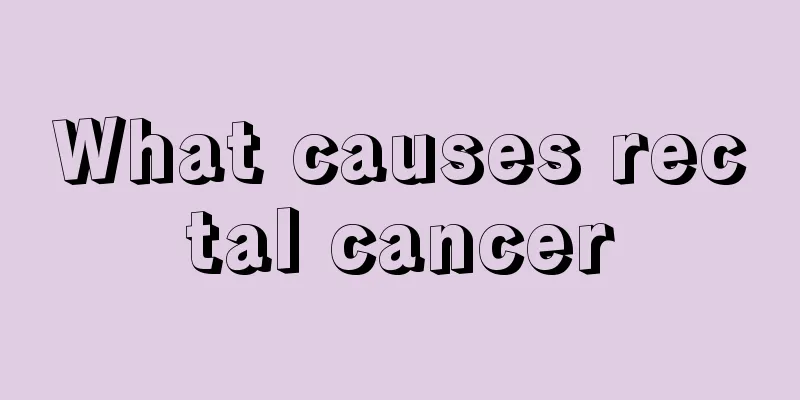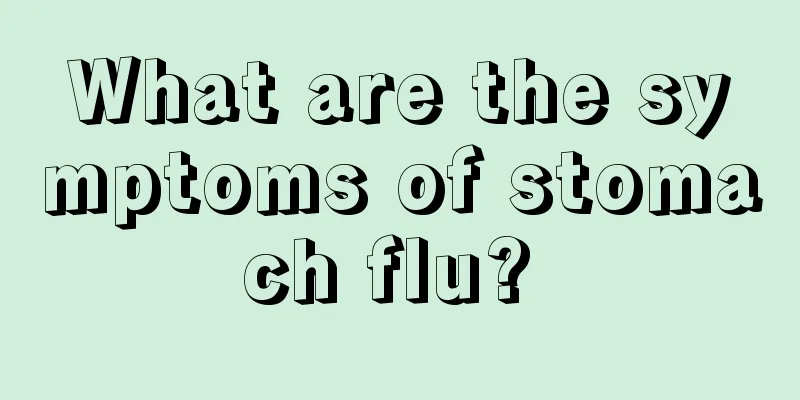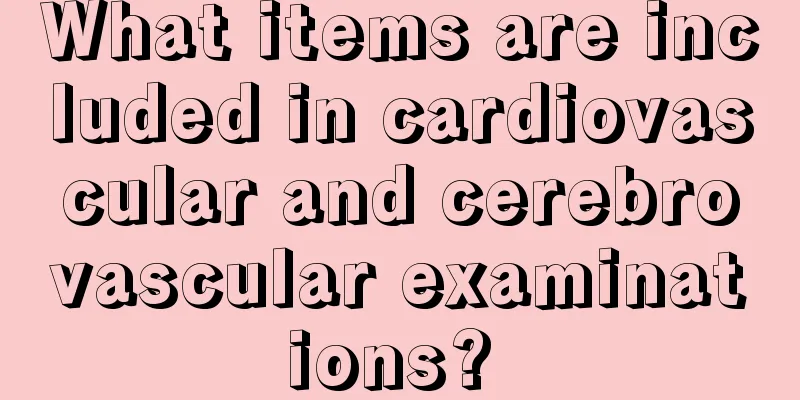Why do subungual warts get infected

|
Subungual warts are a disease that refers to some abnormal conditions in our nails and is also a certain infectious disease. The clinical manifestations of this disease are relatively obvious, but this disease can be treated in many ways, and there are many precautions after the treatment, and its postoperative reactions are generally quite special. So why are subungual warts infected? Common warts that grow around or under the nail are called periungual warts or subungual warts, which can damage the nail bed and deform the nail. Cryosectioning and freezing is a new technology explored in long-term clinical practice. It is more effective than conventional cryosurgery, especially with a high one-time cure rate and a low recurrence rate. Treatment Operation procedure: Use liquid nitrogen as the cooling source (-196℃). Patients with periungual warts who are sensitive to pain should take 0.5 g of pain-relieving tablets half an hour before treatment to avoid fainting during treatment. Contact freezing method: routinely disinfect the lesions and surrounding normal skin, select a freezing head of appropriate shape and size, place the freezing head close to the surface of the lesions, and freeze for 1 to 3 minutes until the lesions form an ice ball and the frost exceeds the surrounding normal skin by about 2 to 3 mm. Repeat 2 freeze-thaw cycles and cover with dressing to secure. Cryo-cut freezing method: After routine disinfection of the skin lesions and surrounding normal skin, aim the jet freezer at the center of the skin lesions to freeze them into an ice ball. Then use surgical curved scissors to quickly cut off the skin lesions from the flat skin surface at the base, and then immediately freeze them for 30 to 90 seconds. The frost exceeds the surrounding normal skin by 2 to 3 mm, and two freeze-thaw cycles are performed. Cover with gauze and apply pressure to stop bleeding. Fix with adhesive tape after there is no bleeding, and end the treatment. Postoperative reactions and treatment: After contact freezing, large blisters will form on the lesions and normal frozen skin. The next day, the dressing will be removed, the blister fluid will be drained, and gentian violet solution will be applied externally once a day until there is no exudation. For those who receive cryotherapy, the dressing is removed on the third day. The skin in the frozen area is slightly swollen, with no obvious blisters or very small blisters. Generally, there is no need to drain the fluid. Only gentian violet solution is applied once, and the area is exposed to dryness and scabs. |
<<: 9 major dangers of women getting angry
>>: Is the radiation from electronics factories dangerous?
Recommend
How to treat non-small cell lung cancer in the elderly
Elderly non-small cell lung cancer is a common cl...
How to prevent glioma in life
In this age of advanced medicine, if you only hav...
How to detoxify the toxins in the body that cause acne?
Our body has its own operating rules. Under norma...
Can closed acne heal on its own if you don't pick it?
Basically everyone has experienced getting acne. ...
Burning pain in the vulva when urinating
People's urethra needs to be cleaned regularl...
What are the treatments other than surgery for advanced brain cancer?
The best time to treat cancer is in the early sta...
What are the steps to make authentic fish meal?
We often come into contact with fish meal in our ...
Can Huodan Pills treat rhinitis?
If you suffer from rhinitis, it basically means t...
How to choose a microwave oven
The microwave oven is a commonly used household a...
Indoor plants that purify formaldehyde
Many people are very worried about formaldehyde. ...
The beauty effects of hydrolyzed pearls
Pearls are produced in pearl oysters and mother-of...
What should I do if the soles of my feet become hot during menopause? How should I treat it?
For some friends who have entered menopause, ther...
What complications are likely to result from advanced lung cancer
What complications are likely to result from adva...
Dangers of electric lunch boxes
An electric lunch box is a small household applia...
What are the metastatic symptoms of nasopharyngeal carcinoma and how to care for them
Nasopharyngeal carcinoma is a type of cancer that...









